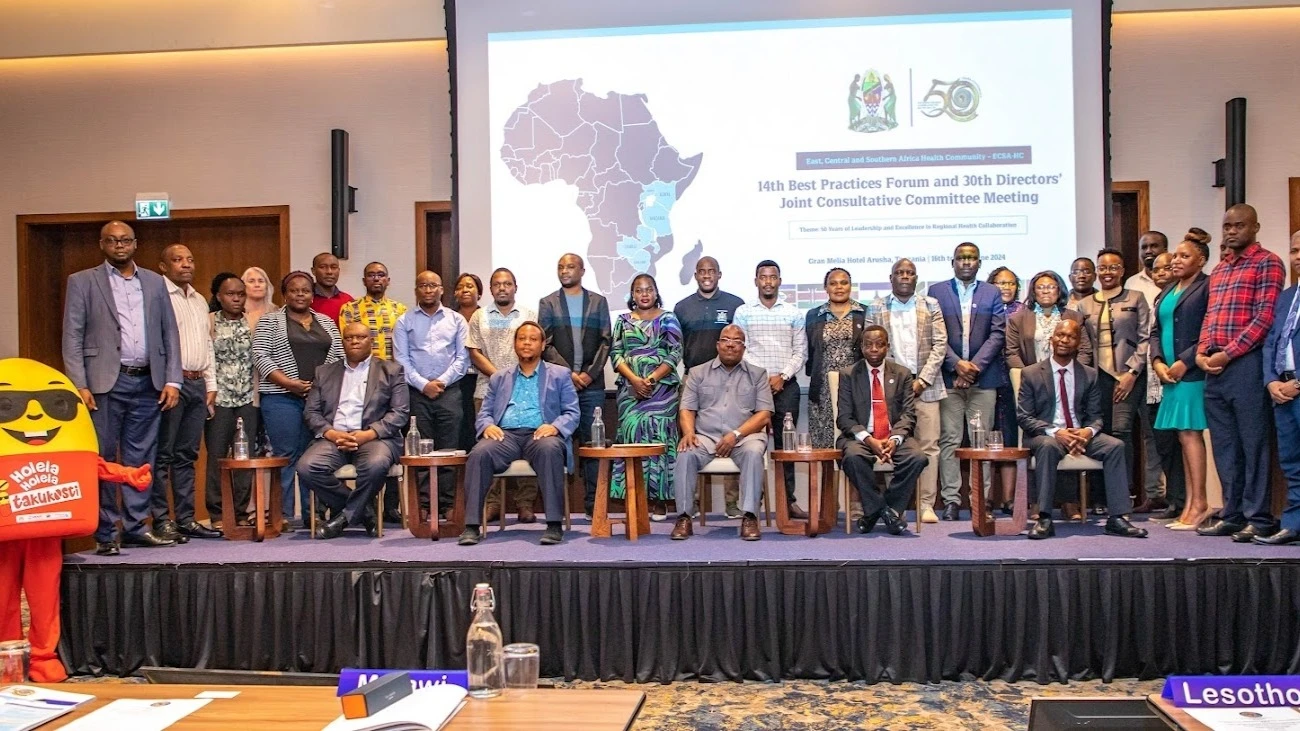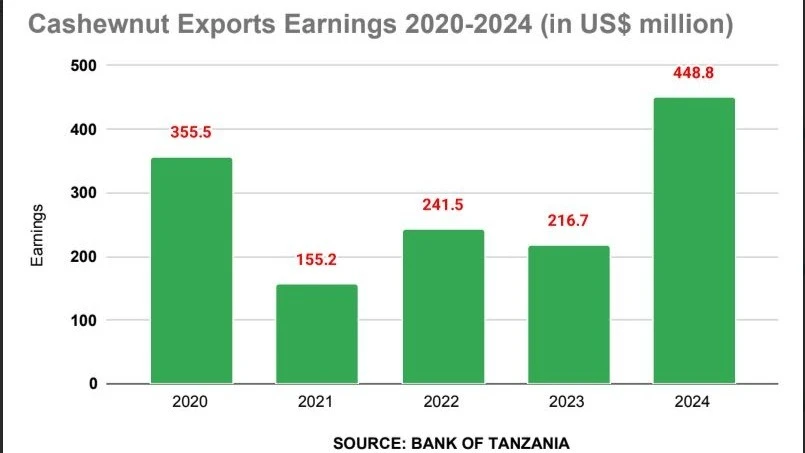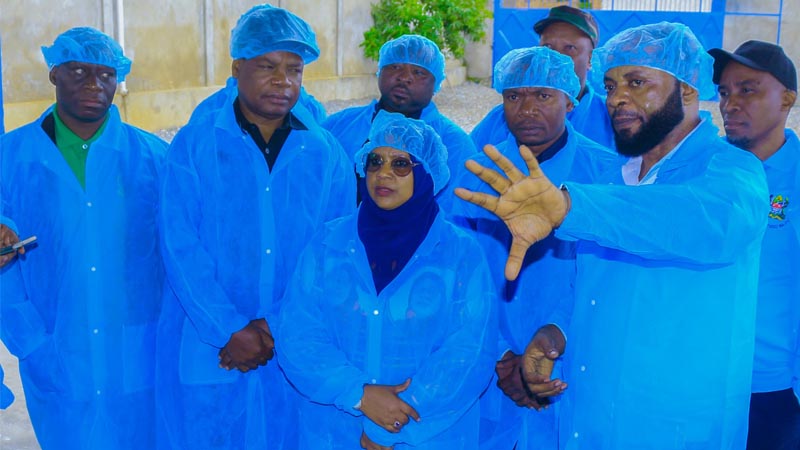Tanzania’s ‘Holela-Holela Itakukosti’ campaign goes viral in other African countries

Health experts and officials from the East, Central and Southern African region currently gathering in Arusha have lauded Tanzania’s newly launched campaign targeting to address antimicrobial resistance.
The campaign, ‘Holela-Holela Itakukosti” (Recklessness Will Cost You), which was launched at the end of May 2024, focuses on combating antimicrobial resistance and priority zoonotic diseases (diseases that can be transmitted from animals to humans).
It highlights the need for actions to prevent antimicrobial resistance and the spread of priority zoonotic diseases across multiple sectors to increase public knowledge and evoke a sense of concern towards these issues. The campaign is coordinated by the Office of the Prime Minister in collaboration with Ministries of Health, Livestock and Fisheries, and the Vice President’s Office (Environment) and is funded by the United States Agency for International Development (USAID) through Breakthrough ACTION project.
The “Holela-Holela Itakukosti” campaign was unveiled to health experts and officials from the East, Central and Southern African who are meeting in Arusha at the 14th Best Practices Forum and the 30th Directors Joint Consultative Committee (DJCC) Meeting over the weekend, whereby health officials in attendance applauded the campaign and its progressive efforts in the fight against antimicrobial resistance.

“Many countries have expressed interest to emulate Tanzania’s campaign as a best practice in addressing antimicrobial resistance through an artistic, yet scientific style of impacting knowledge to ordinary people,” stated the National Antimicrobial Resistance Coordinator from the Ministry of Health, Emiliana Francis.
According to Ms Francis, some countries within the African region have even requested to invite KIDO – who is the Ambassador of the ‘Holela-Holela Itakukosti’ campaign and Wamwiduka Band (traditional music group) that produced the Holela Holela itakukosti song to support their efforts against indiscriminate use of antibiotics.
KIDO is a character who adorns a red and yellow pill costume symbolizing the highly misused and overused form of antibiotics.
Earlier, Ambassador Mpoki Ulusubisya, who is an expert medical trainer pointed out that, with lack of stringent regulations on the marketing of antibiotics, many people have been misusing these drugs to self-medicate themselves on whichever illness they experience.
“We are heading in the same direction as Chloroquine, a drug which used to be very effective in curing malaria but is no longer in use due to its misuse that later resulted into resistance,” said Dr Ulusubisya.
He said most people use antibiotics to treat viral infections without consulting medical experts, while others only use partial dosage and as a result bacteria develop resistance to them.
Top Headlines
© 2025 IPPMEDIA.COM. ALL RIGHTS RESERVED






















